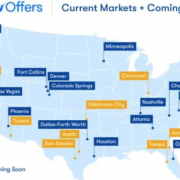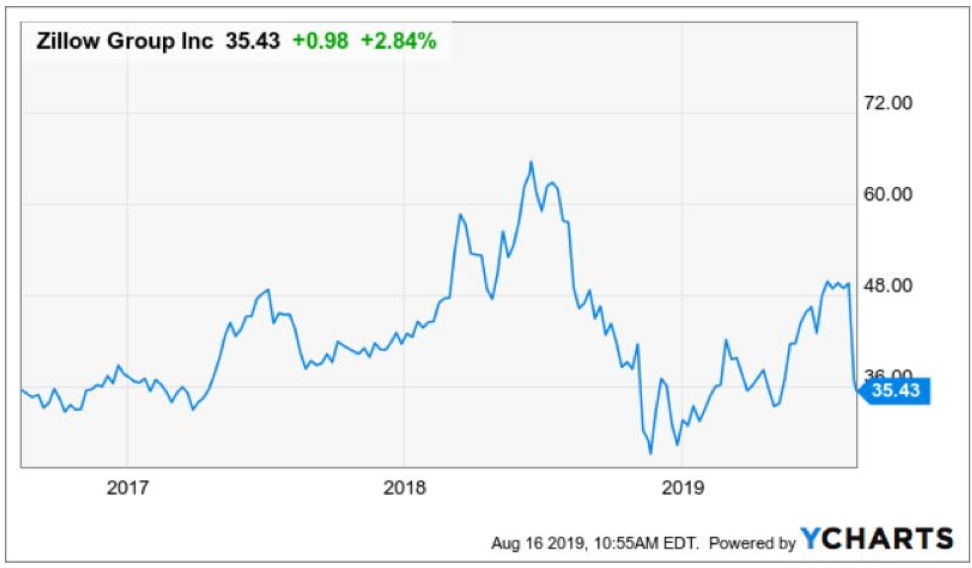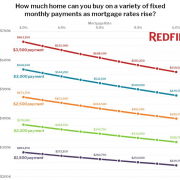Zillow's Bad Move
If you think Zillow posting lower guidance for the third quarter was a one-off event then open your eyes a little bigger – real estate conditions for selling homes will most likely worsen even though interest rates have dropped in a rapid fashion of late.
In fact, the velocity of the recent interest rate drop is a harbinger for an upcoming recession or the best we can hope for is a mild slowdown even if not recessionary.
Who is that company that leveraged up to make big bets at the top of the economic cycle?
Zillow.
There are smart times to do risky business and times to sit on your hands and wait.
Timing couldn’t have been more abysmal.
Zillow also confided to investors that their business that facilitates agents to connect with potential home buyers for a fee will burn $80 million in the third quarter before EBITDA.
But Zillow didn’t stop there.
They have mobilized a good chunk of their chips betting that house flipping is a good idea when the global economy is decelerating at warp speed and price appreciation in property value is slowing meaningfully.
They even broke off around 41.5% of its revenue from selling homes in the three months ending June 30 which could be the high watermark.
Precisely $248.9 million of $599.6 million in revenue came from Homes segment which is described as buying up property and selling them on for a profit.
Investors must calculate whether Zillow will get stuck with thousands of properties and the cost of carry.
Zillow could enter a situation where nobody will buy their properties and must sell them for deep discounts.
That is the end game and Zillow and its audacious management is barreling right ahead.
This worse case scenario would put heavy pressure on their ability to service debt.
Other signs have gone unnoticed like the recent canary in the coal mine of recessionary data from manufacturing in the U.S.
The slowdown in the volume of housing sales has been pronounced too.
In the current market, many buyers and particularly homebuyers are priced out of the market supported by the lack of buyers even with historically lower rates.
Refinancers took advantage of these rates to cut their debt load but there has been a lukewarm response and no flurry of new homebuying that economist had predicted.
As the global slowdown veers closer and closer to the American economy, Zillow could be in for a hard landing and whoever is caught out with too many properties in the wrong markets is doomed too.
Then there are other risks such as climate change and a wildfire season that is about to grow fiercer by the year.
Can Zillow absorb another hurricane in Houston or New Orleans?
Zillow has not only levered up on the type of business but as well as dipping into the M&A sphere by gobbling up StreetEasy for $50 million in 2013 and Trulia for $3.5 billion the following year.
The company has been caught asleep at the wheel by a stagnating digital ads business which was once the bread and butter.
Management’s response of electing to go for a riskier business instead of the lower hanging fruit of ramping up the digital ad business is a head-scratcher.
Digital ads can be scaled easier than buying physical homes, and 2020 could be a year to forget for Zillow and it is too late to sell on these assets without a deep discount.
Any tech company scaling their tech know-how has been an outsized winner.
Everybody and their mother are preparing for a global slowdown and American recession except Zillow.
I am bearish Zillow for the rest of the year and 2020.





